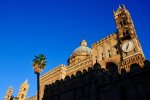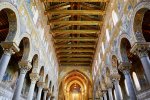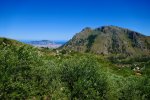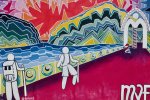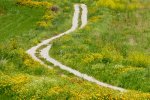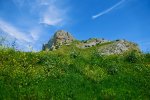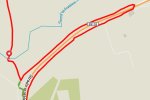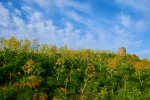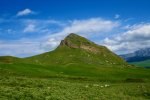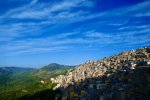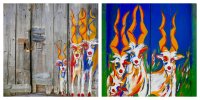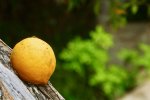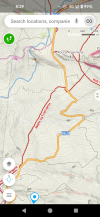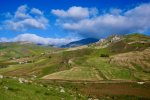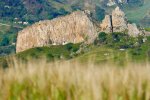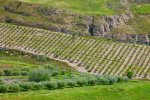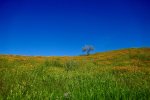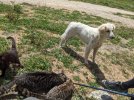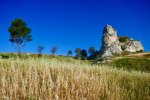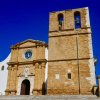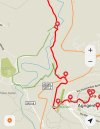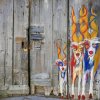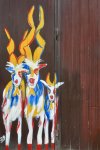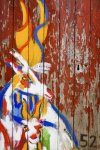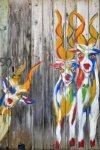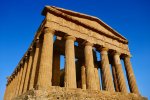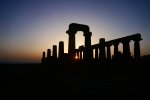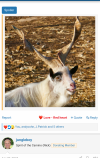- Time of past OR future Camino
- Some in the past; more in the future!
Today I arrived in one of my favourite cities in Italy, Palermo, ready to start a solo walk across Sicily on the Magna Via Francigena tomorrow! It’s a ~185km trail from Palermo to Agrigento that I aim to complete in 8-9 days. The MVF is the most well-known of the four ‘Vie Francigine di Sicilia’ routes.
I’ve been to the start and end points twice before, but love them both and I’m already wondering how finishing at the ancient Greek temples in Agrigento might offer a different perspective as a conclusion to a pilgrimage.
As for the start point, we could probably learn a thing or two in our own time from the fusion of three different religious cultures - Arab-Norman-Byzantine - that produced the splendour of 12th-century Palermo. More than 800 years later, the resulting architectural and artistic legacy is simply astounding.
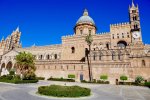
The striking exterior of the Palermo Cathedral, begun in AD 1185 and featuring a hodgepodge of architectural styles.
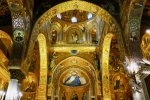
The dazzling interior of the Palace Chapel in the AD 1130 Palace of the Normans, completely covered with Byzantine mosaics.
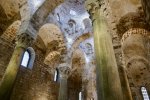
The austere but beautiful Crusader-like interior of the AD 1160 Norman church of San Cataldo.
I’ve been to the start and end points twice before, but love them both and I’m already wondering how finishing at the ancient Greek temples in Agrigento might offer a different perspective as a conclusion to a pilgrimage.
As for the start point, we could probably learn a thing or two in our own time from the fusion of three different religious cultures - Arab-Norman-Byzantine - that produced the splendour of 12th-century Palermo. More than 800 years later, the resulting architectural and artistic legacy is simply astounding.

The striking exterior of the Palermo Cathedral, begun in AD 1185 and featuring a hodgepodge of architectural styles.

The dazzling interior of the Palace Chapel in the AD 1130 Palace of the Normans, completely covered with Byzantine mosaics.

The austere but beautiful Crusader-like interior of the AD 1160 Norman church of San Cataldo.





